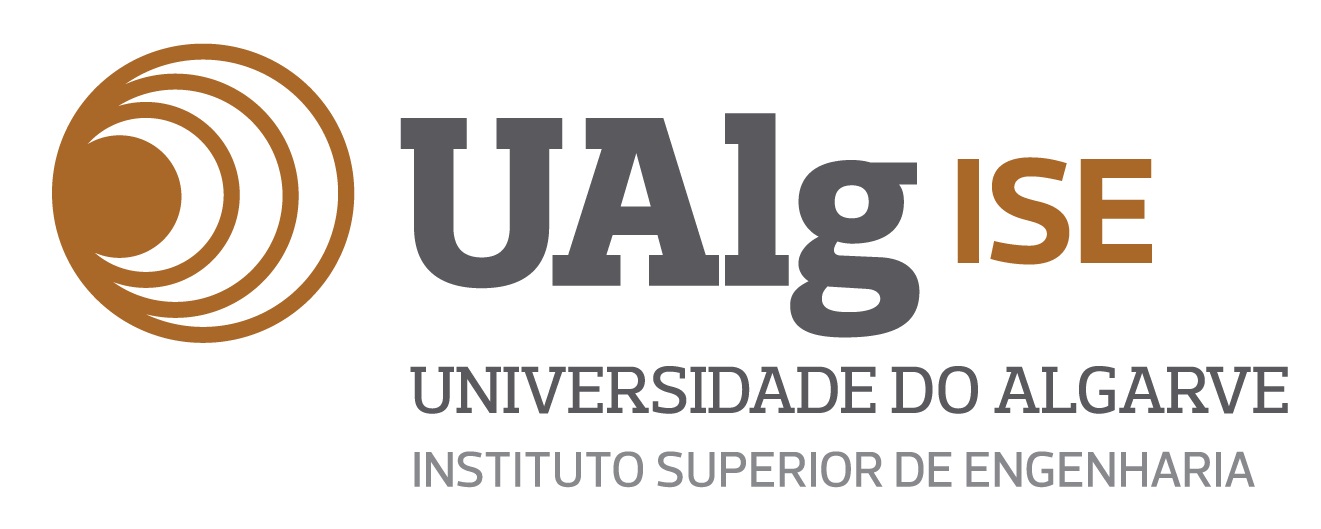
IbPRIA 2015 will take place in Faro, the administrative, social and commercial capital of the Algarve.
Algarve located at the south of Portugal is a well known touristic area. The region is perfect for the summer holidays with a Mediterranean climate. Some of the best and most beautiful beaches in the entire world with fine sand and crystal-clear water are to be found in the Algarve. The region is a favourite for sun-seekers from all over the world.
The region of Algarve also offers natural landscapes, a rich folk heritage, and healthy gastronomy which are worth appreciating along with the pleasures of the sun and the sea. Devote some time to discovering it because there are old customs, living traditions and heritage buildings which can be enjoyed throughout the year and attract millions of foreign and national tourists all of the years and that do of the Algarve one of the richest provinces and developed of the country.
For centuries, was a conduit for many people, including Tartessos, Phoenicians, Greeks and Carthaginians. Algarve was part of the vast Roman Empire, boasting relevant cities as Balsa and Ossónoba, and for about five century was under the rule of Islamic peoples, reaching a high economic and cultural splendor. After the conquest of the region during the reign of King Afonso III, the old Moorish Al-Gharb was included in the Christian kingdom's westernmost Iberian Peninsula, entered into a certain decline that would have stopped in the fifteenth century by the odyssey of exploration of the African coast and the Moroccan conquest of squares, under the command of Prince D. Henry. With the end of Lusitanian presence in the markets of Africa, the region came back a certain decline, marked by the destruction inflicted by the earthquake of November 1, 1755. Subsequently, the district began the twentieth century as a rural, peripheral, with an economy based on cultivation of nuts, fishing and canning industry. However, from the 60s, there is the explosion of the tourism industry, thereby changing completely its economic and social structure. The creation of the University of Algarve, in 1979, was an important milestone in the development strategy of the region, presenting itself today as a living force and active in its mission of creation, transmission and dissemination of culture and humanistic knowledge, artistic, scientific and technology.
Please visit the site visitalgarve for more information about Algarve, and for Faro see e.g., ezportugal, lonelyplanet or cm-faro.
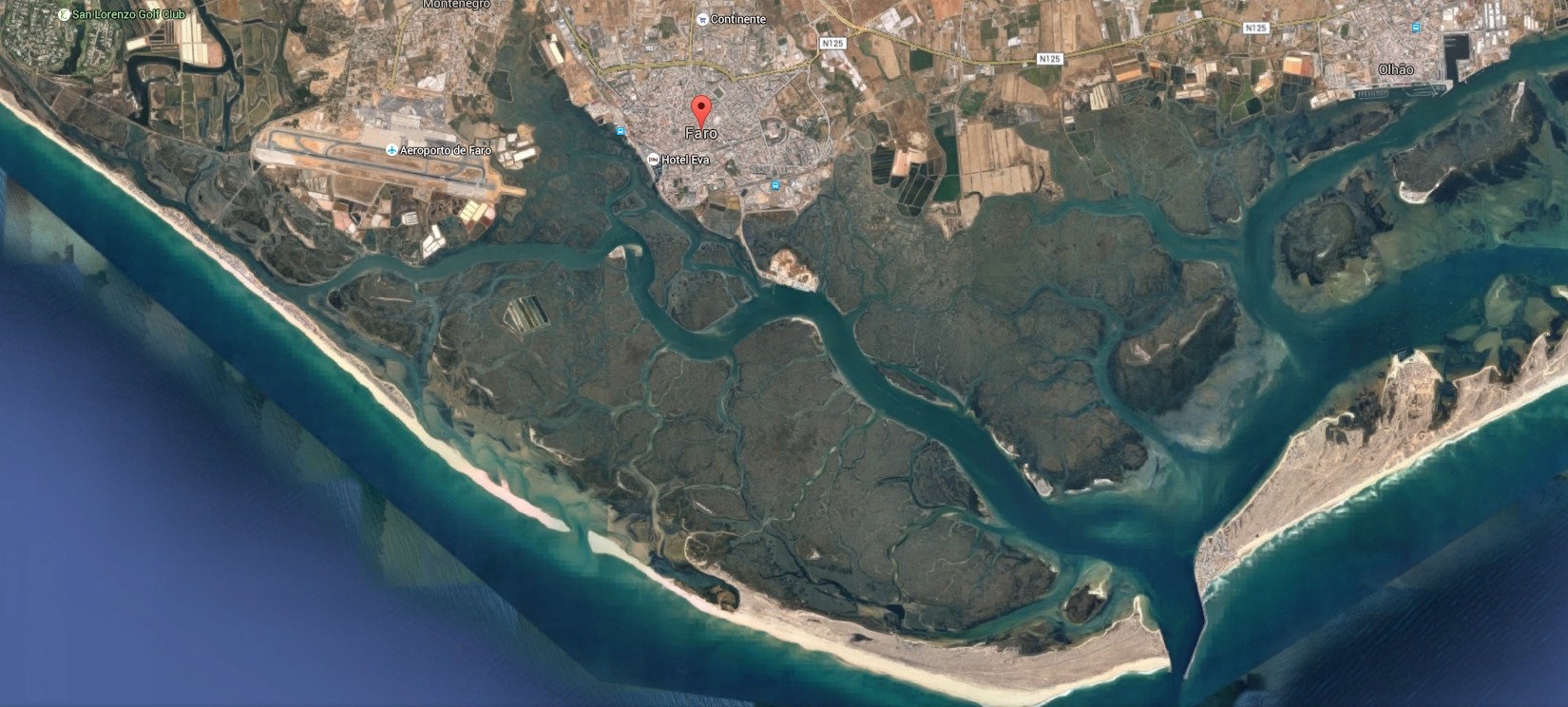
Faro is a very safe city, you can walk in the streets even late at night, is very safe.

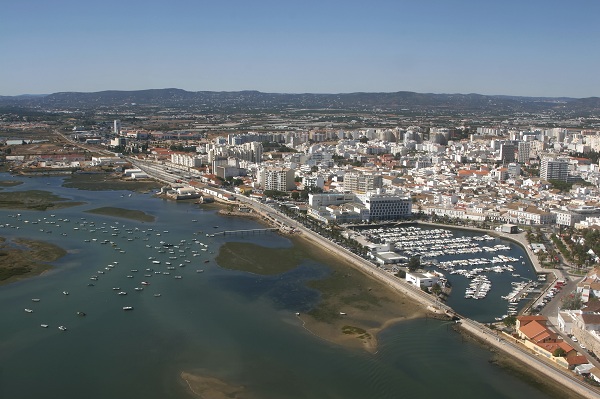

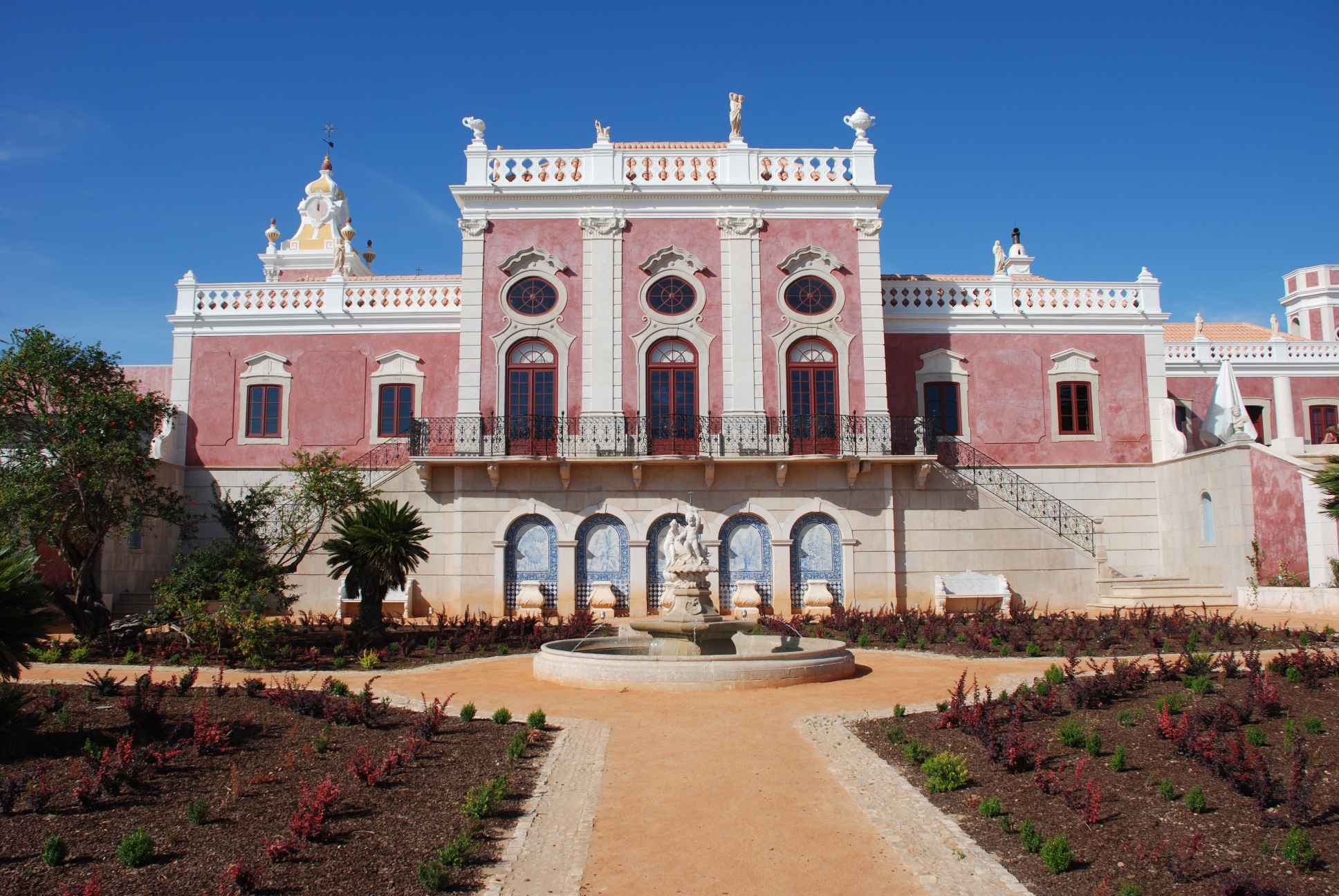
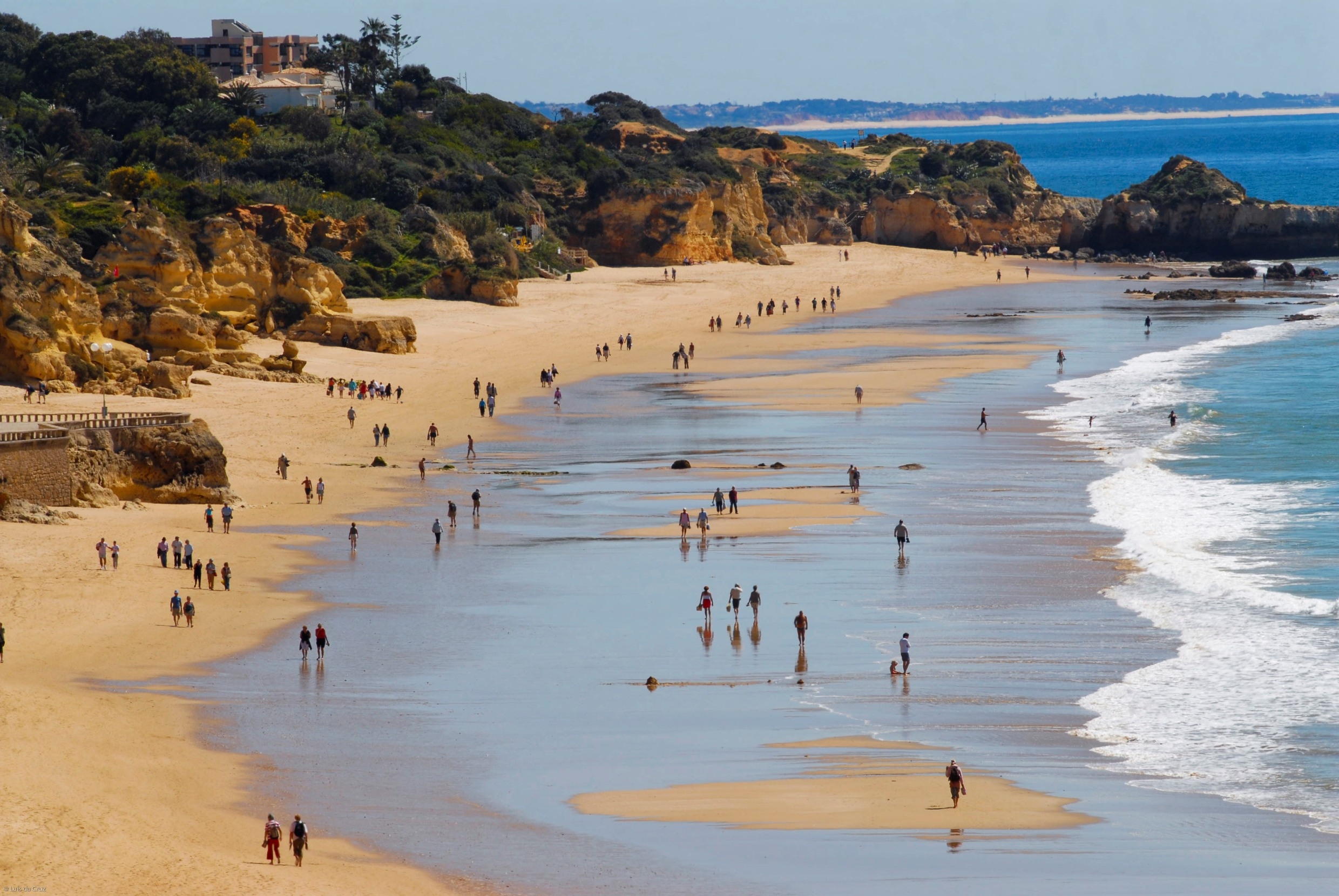
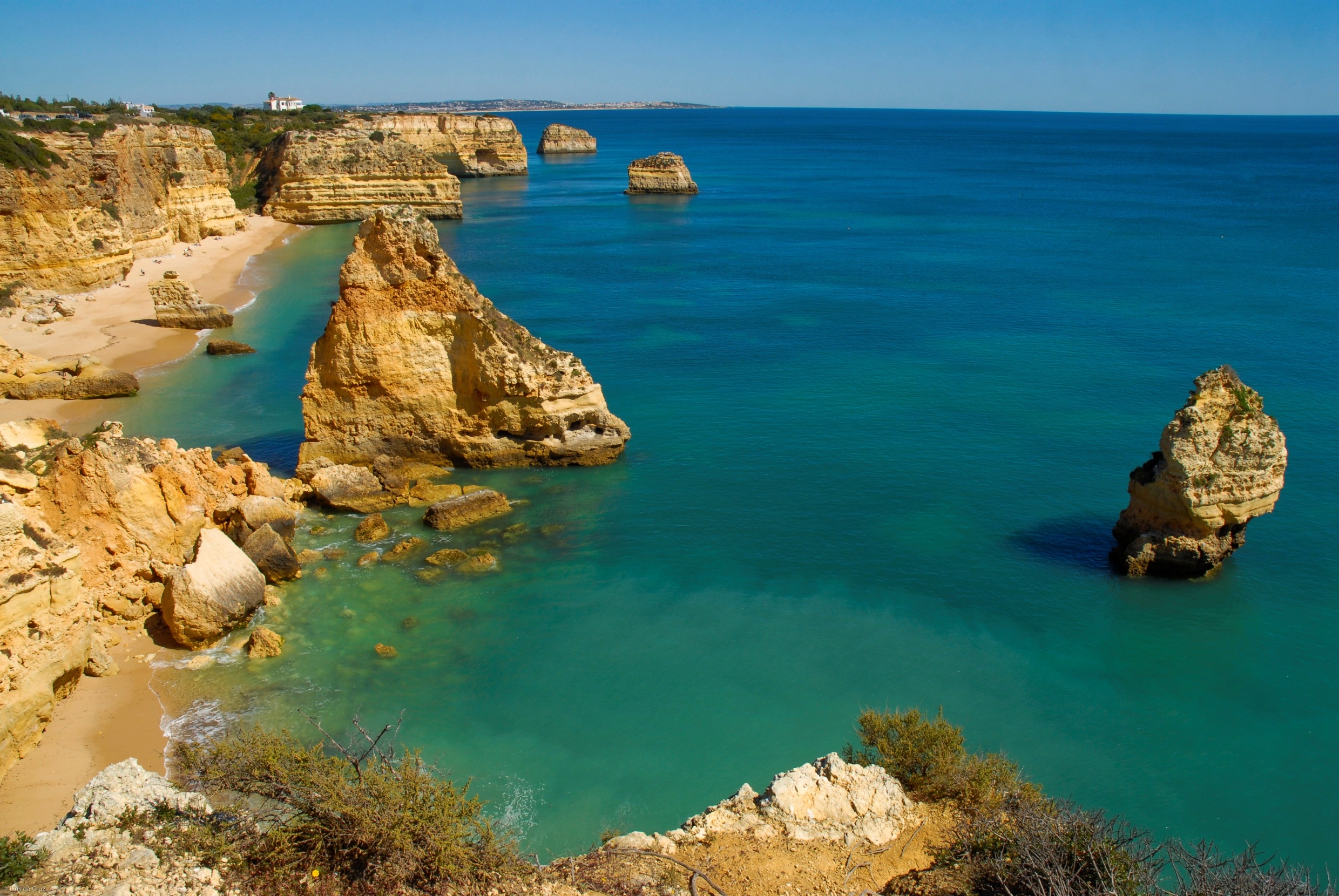
All year round, the Algarve enjoys the best climate in Europe. With only a short period of rainfall (it normally rains between November and March) and long hours of sunshine (the highest in Europe), the Algarve region is blessed with the perfect weather for tourism. During the summer months, temperatures are quite high, which greatly favours the so-called "Beach Tourism". The Algarve is a veritable paradise for bathers. It is a region endowed with beaches of fine white sand all along its extensive coastline and a calm sea with water temperatures of around 22°C in the summer period. Due to its relief and geographical position, the Algarve is influenced climatically by the European continent, North Africa, the Atlantic Ocean and the Mediterranean. The maximum temperatures in the Algarve vary, throughout the year, between 15ºC and 31°C and the temperature never falls below zero in the winter. This is why tourists from Northern European countries increasingly seek out the Algarve, where they can enjoy long hours of sunshine.
Average temperatures
Air temperature in summer: 24ºC to 29ºC
Air temperature in winter: 15ºC to 18ºC
Seawater temperature in summer: 21ºC to 24ºC
Seawater temperature in winter: 15ºC to 19ºC




